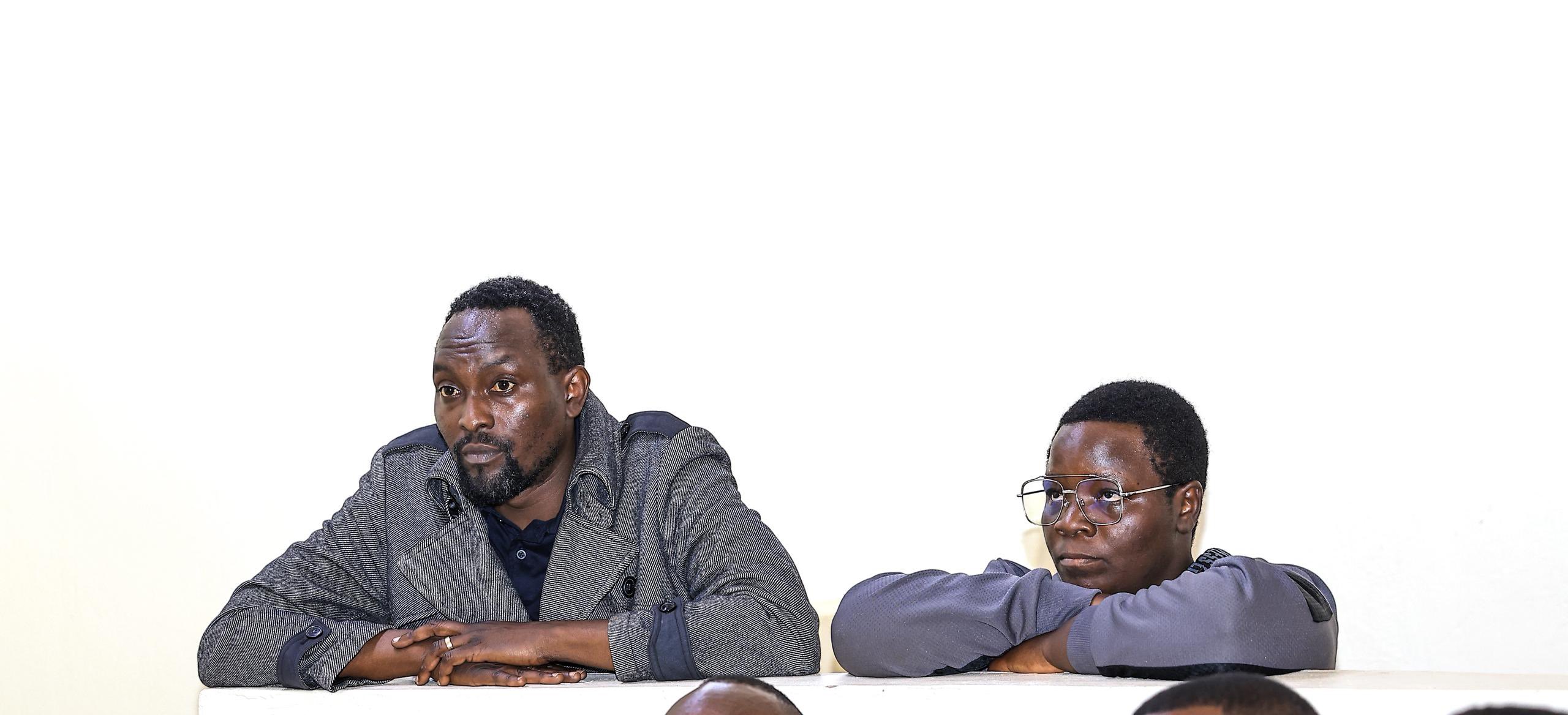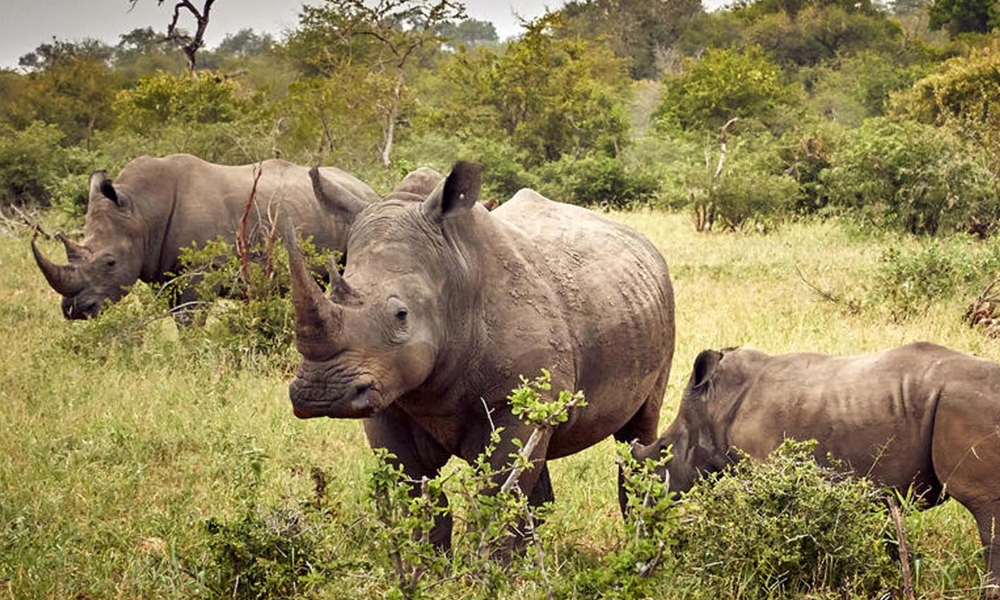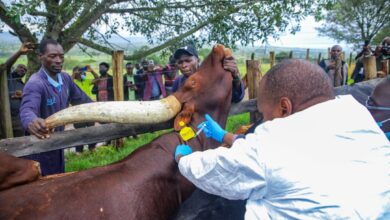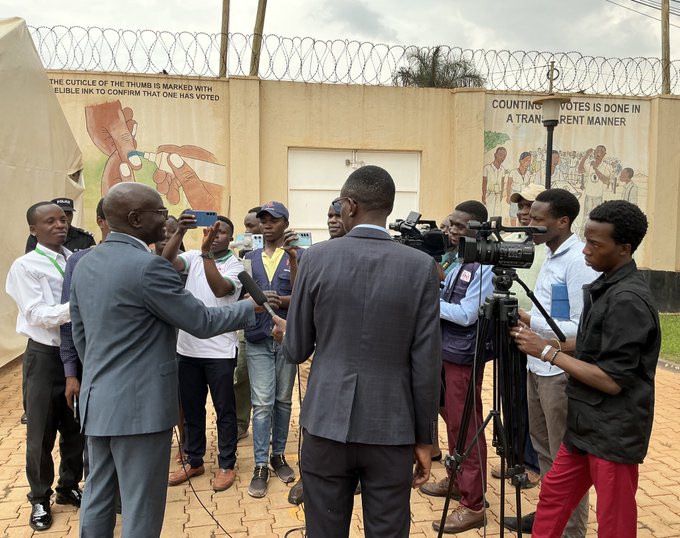Trump freezes US funding to South Africa over ‘human rights violations’
Supporters argue that the bill is a step toward economic justice, as much of South Africa’s land remains in the hands of the white minority.

The United States has announced an immediate freeze on all future funding to South Africa, with President Donald Trump citing alleged human rights violations as the reason for the decision.
Trump made the announcement via his Truth Social platform, accusing South Africa of mistreating certain groups and violating fundamental rights.
“South Africa is confiscating land and treating certain classes of people VERY BADLY,” Trump wrote. “A massive Human Rights VIOLATION, at a minimum, is happening for all to see. The United States won’t stand for it, we will act. Also, I will be cutting off all future funding to South Africa until a full investigation of this situation has been completed!”
His remarks come just two weeks after South African President Cyril Ramaphosa signed the controversial Expropriation Bill into law. The legislation allows the government to seize land without compensation under specific conditions, a move aimed at addressing historical land dispossession from the apartheid and colonial eras.
Supporters argue that the bill is a step toward economic justice, as much of South Africa’s land remains in the hands of the white minority. Critics, however, warn that it could destabilize the economy, undermine property rights, and discourage foreign investment.
The legislation has drawn scrutiny from Western governments, with some accusing Pretoria of endangering investor confidence and legal stability. In the US, right-wing commentators have framed the issue as an attack on white landowners, fueling political debates about South Africa’s policies.
A Diplomatic Retaliation?
While Trump did not specify which human rights violations triggered his decision, his announcement follows a series of geopolitical rifts between South Africa and the US.
In December, Pretoria filed a case against Israel at the International Court of Justice (ICJ), accusing it of committing genocide in Gaza. Israel, a close US ally, condemned the lawsuit as baseless, and Washington publicly backed Tel Aviv, calling South Africa’s legal action “deeply concerning.” Some analysts suggest Trump’s funding freeze could be diplomatic retaliation for Pretoria’s stance at the ICJ.
Beyond the Israel case, South Africa’s foreign policy has increasingly diverged from US interests. As a key member of the BRICS alliance—alongside Brazil, Russia, India, and China—South Africa has been advocating for greater African representation within the bloc and pushing for alternatives to the US dollar in global trade.
Washington has long viewed BRICS as a strategic challenge to Western economic dominance, making South Africa’s alignment with the group a point of contention.
Regional and Economic Implications
The funding freeze also comes at a time when South Africa is embroiled in escalating tensions with Rwanda over the crisis in the Democratic Republic of Congo (DRC). Leading a Southern African Development Community (SADC) intervention, South Africa has deployed troops to support Congolese forces against the M23 rebel group, which is widely believed to have ties to Rwanda.
Kigali has denied any involvement, but the conflict has increased regional instability. The US, attempting to balance its relationships in Africa, has not taken a firm stance on the issue.
Trump’s decision marks a sharp shift from the Biden administration’s approach, which maintained strong ties with Pretoria despite policy disagreements. South African officials have yet to issue an official response, but the freeze is expected to heighten tensions between the two nations as Pretoria continues to assert its independent foreign policy.







